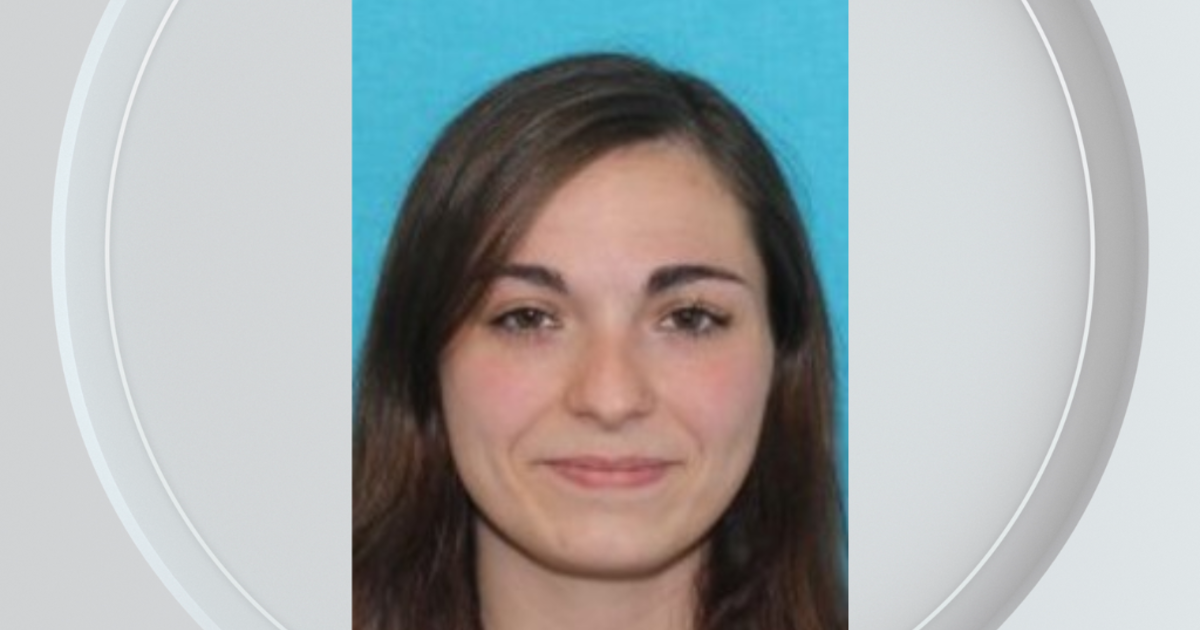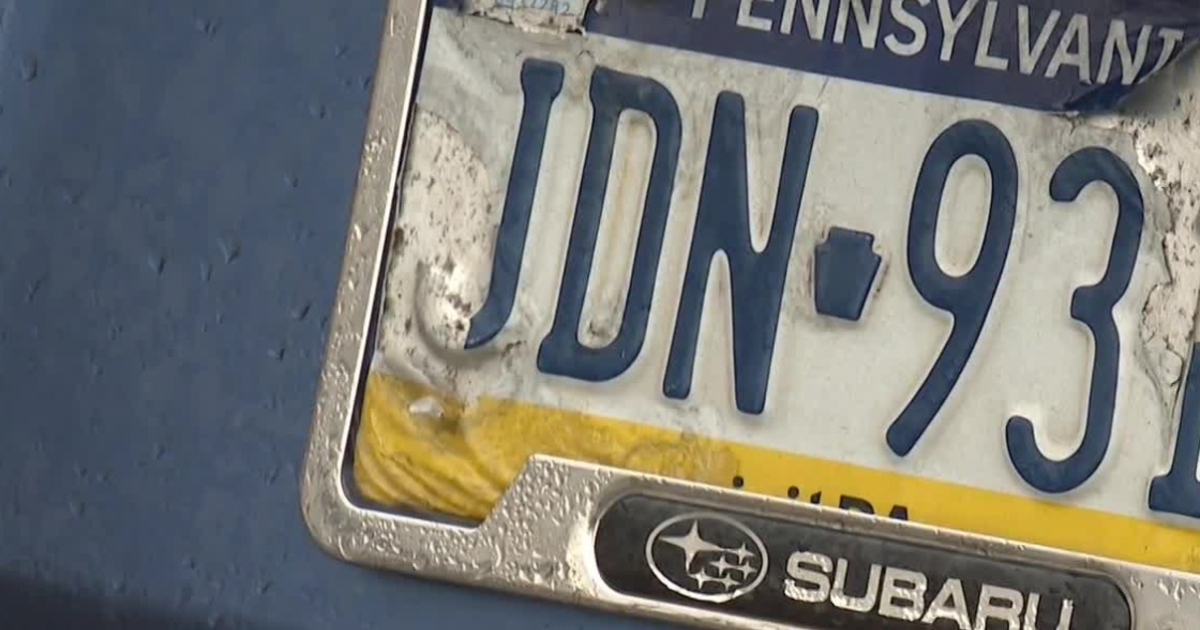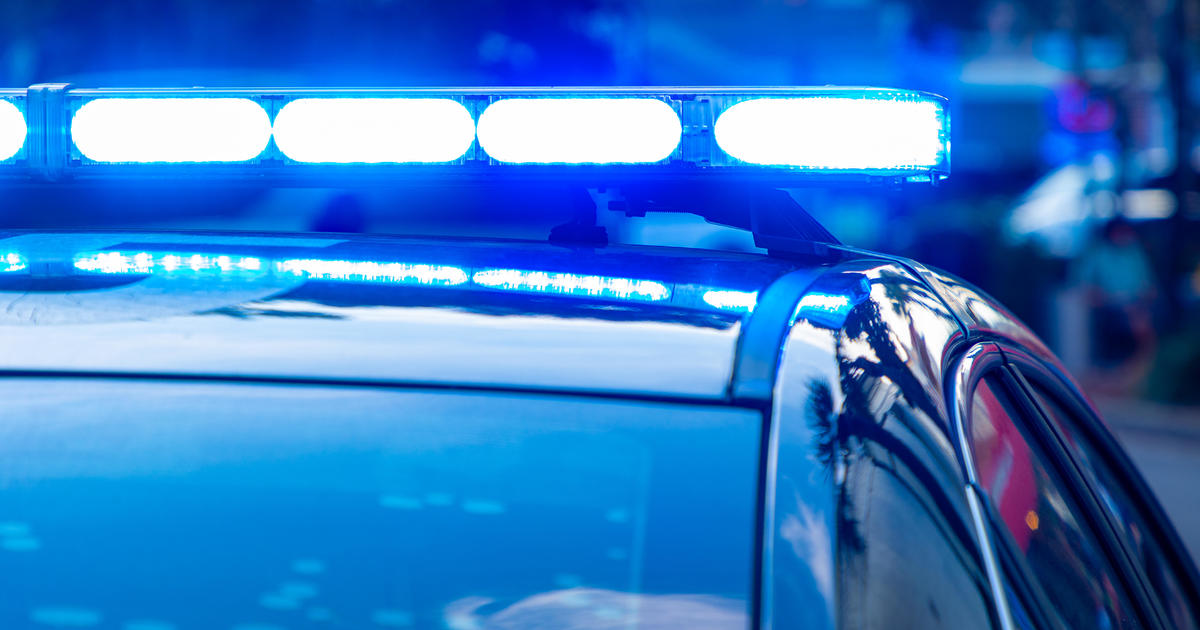Butler Co. Traffic Stop Case Shining Spotlight On Pa. Wiretapping Laws
PITTSBURGH (KDKA) -- A criminal case in Butler County is shedding light on an important legal issue in Pennsylvania: When is it illegal to use a cell phone to record a conversation?
Marcus Fair is facing a felony charge after Buffalo Township Police arrested him for allegedly recording his traffic stop encounter with an officer with a cell phone on his lap.
While not addressing the facts of Fair's case, KDKA Legal Editor Julie Grant spoke to criminal law expert and Duquesne University School of Law Professor Joseph Mistick about what people should be aware of when recording with a cell phone.
According to Professor Joseph Mistick, "Pennsylvania is one of 12 dual consent states in the nation, which means that everybody who's involved in a private conversation must agree before that conversation can be recorded."
There are some exceptions to the general rule.
"A search warrant for instance, obtained by law enforcement would be an exception, or those situations where there would be no expectation of privacy," said Mistick.
For example, when a police officer interacts with a private citizen.
"Just as the police are free to record the encounter with a citizen, the citizen is free to record that encounter as well. So, it's unlikely you could find any police encounter in which the police have an expectation of privacy that would be protected by the Pennsylvania Wiretap Act," said Mistick.
Join The Conversation On The KDKA Facebook Page
Stay Up To Date, Follow KDKA On Twitter
When you are out in public, you can expect someone to notice and possibly take your picture or film you.
"If someone's out in public, the video is probably rarely, if ever, violative of the Wiretap Act, it only addresses audio recordings," said Mistick.
When you are out in public recording cell phone video, the important legal distinction lies in whether you are recording audio along with the video.
"Some people would say that I really was caught inadvertently there, I had not given my permission and something I had said was captured inadvertently without my permission, and that would give rise to a claim that there had been a wiretap violation," said Mistick.
Whether you are in a public setting or not, the best policy is to never record someone without their permission.



